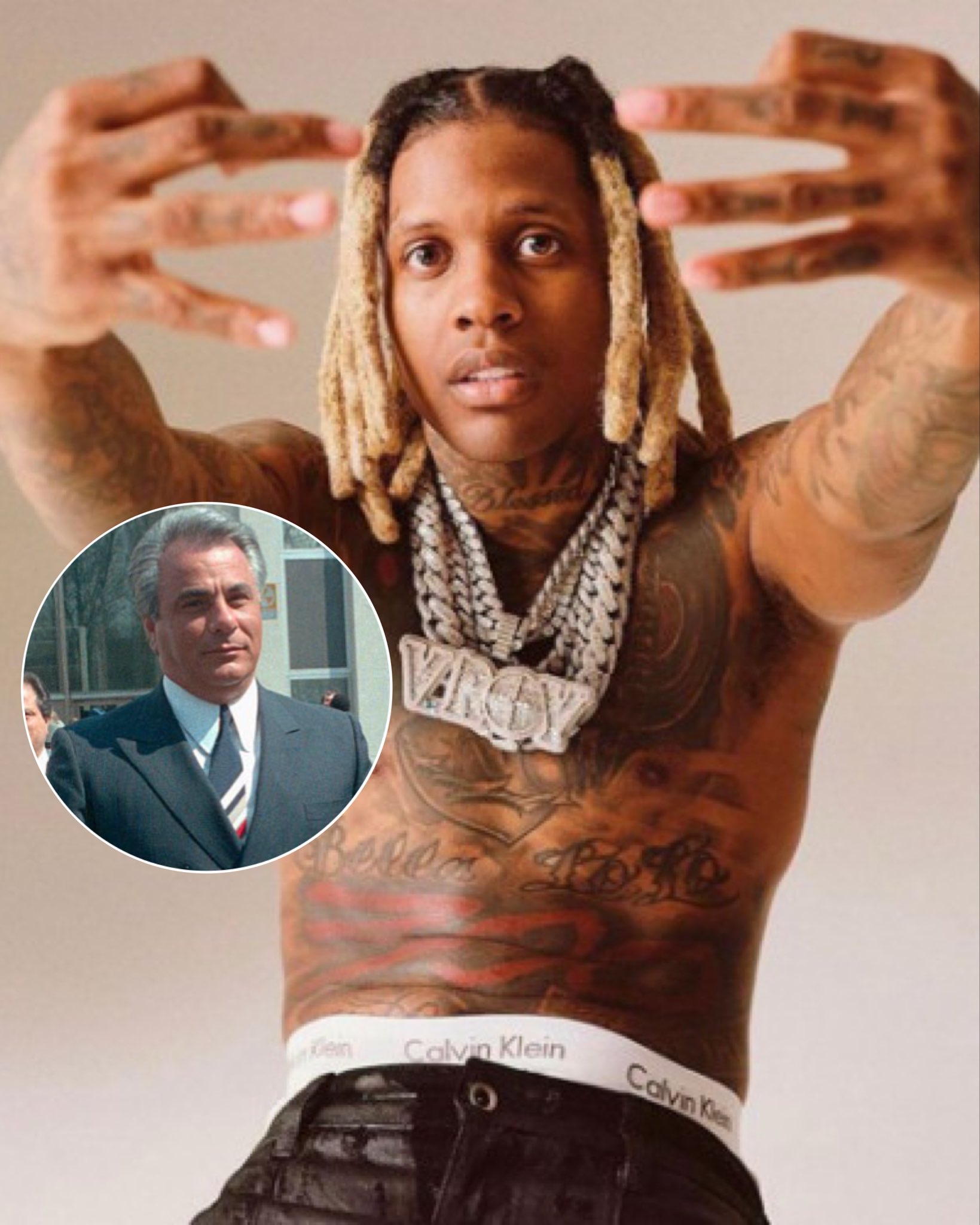
“Tinubu Should Resign or Be Impeached” – Solomon Buchi Calls Out President Over Insecurity Crisis

In a post that is already stirring intense public discourse, Nigerian writer and online commentator Solomon Buchi has openly called for the resignation or impeachment of President Bola Ahmed Tinubu, citing the government's consistent failure to protect the lives of its citizens. The blunt demand, posted on Buchi’s verified X (formerly Twitter) handle, came as yet another blow to an administration already battling widespread criticism over escalating insecurity, economic woes, and dwindling public confidence.
“Tinubu should resign. He has shown incompetence and gross inability to do the least to protect the lives of Nigerians. If he doesn't resign; he should be impeached,” Buchi wrote on Monday, igniting a digital wildfire of reactions across social media platforms. Known for his bold social commentary and no-holds-barred takes on national issues, Buchi’s latest outburst reflects a growing frustration among many Nigerians who feel abandoned by the very institutions meant to serve and protect them.
In the past few months, Nigeria has witnessed a fresh wave of violence sweeping across various states. From deadly attacks on villages in Benue and Plateau, to growing banditry in the North-West, to the unrelenting scourge of kidnapping on major highways, citizens are increasingly feeling unsafe in their own country. Reports of mass killings, displacement, and destruction of communities have become tragically routine, while the federal government’s response is often viewed as slow, tepid, or entirely absent.
Against this grim backdrop, Buchi’s post feels less like an isolated hot take and more like an echo of the sentiments harbored by a vast section of the Nigerian populace. In online spaces, many Nigerians have been using hashtags like #SecureNigeria and #TinubuResign to express their disillusionment. The mood is heavy with anxiety and rage, and Buchi’s statement has only amplified the volume of that collective angst.
Political analysts argue that Nigeria is currently navigating one of its most dangerous periods in recent memory. While economic instability, inflation, and youth unemployment remain daunting challenges, it is the crisis of insecurity that has cast the longest and darkest shadow. In several parts of the country, farming communities have been driven off their lands, schools have been shut down due to abductions, and travelers live in fear of roadside bandits who operate with alarming impunity. Yet, the federal government often offers generic condemnations or dispatches reactive security deployments that rarely provide long-term relief.
President Tinubu, who assumed office in May 2023 with a promise to renew hope and restore order, is now facing growing accusations of failing to live up to his own agenda. Critics say his administration has so far fallen short on security reforms, failed to deliver visible improvements in the lives of ordinary Nigerians, and appears more focused on political consolidation than urgent national healing.
While some of Tinubu’s supporters have dismissed Buchi’s remarks as “attention-seeking” or “emotionally charged,” others believe the call for either resignation or impeachment should not be so easily brushed aside. They argue that under a truly accountable system of governance, leaders who are unable to secure their people ought to face consequences, not just offer condolences after every massacre.
The Nigerian Constitution is clear in its expectations: the primary responsibility of government is the protection of lives and property. With that yardstick, many wonder if the Tinubu administration can still justifiably claim any moral high ground. Some civil society groups have already begun to call for public protests, urging lawmakers to begin conversations around impeachment, even if largely symbolic. For them, the demand is less about achieving an immediate change of leadership and more about restoring a culture of accountability that Nigerian politics desperately lacks.
It is also important to note that this growing demand for change is no longer coming solely from opposition parties or traditional government critics. Increasingly, voices from previously apolitical or moderate backgrounds—like Buchi—are expressing outright disappointment. His evolution from inspirational speaker and relationship advisor to vocal political critic mirrors the transformation of many young Nigerians, who once steered clear of political commentary but are now forced into it by a national crisis they can no longer ignore.
Solomon Buchi’s statement is just one tweet among millions, but the forcefulness of his message and the raw timing of its delivery have made it impossible to overlook. It captures a mood, a moment, and a movement that is fed up with what many perceive as a government asleep at the wheel. More than a call for impeachment or resignation, Buchi’s words are an indictment—a public declaration that Nigerians are tired of being told to endure while the systems meant to protect them continue to crumble.
In response to the post, thousands of Nigerians flocked to the comment section to either endorse or challenge his bold assertion. Some commended him for speaking truth to power, calling him “the voice of the people.” Others cautioned that while frustration is valid, calling for impeachment is premature and potentially destabilizing. Nevertheless, the overall sentiment was unmistakable: a nation once hopeful now feels abandoned.
What happens next will depend not on Twitter trends or influencer statements alone, but on how President Tinubu and his administration choose to respond. Will they treat this as just another online outrage cycle, or will they take it as a wake-up call to urgently reassess their approach to governance, particularly in the security sector?
As of now, there has been no official response from the presidency regarding Solomon Buchi’s comments. But in a democracy, silence is not always neutral—it can either defuse tension or inflame it further. And in Nigeria’s current atmosphere of fear, grief, and unhealed wounds, every moment without clarity deepens the void of trust between government and governed.
In the meantime, voices like Buchi’s will continue to rise—not because they enjoy disruption, but because they can no longer accept silence in the face of bloodshed. And until meaningful action is taken to stem the tide of violence and restore the sanctity of Nigerian lives, more citizens will join the chorus demanding what once seemed unthinkable: that a sitting president either steps down or be forced to.


